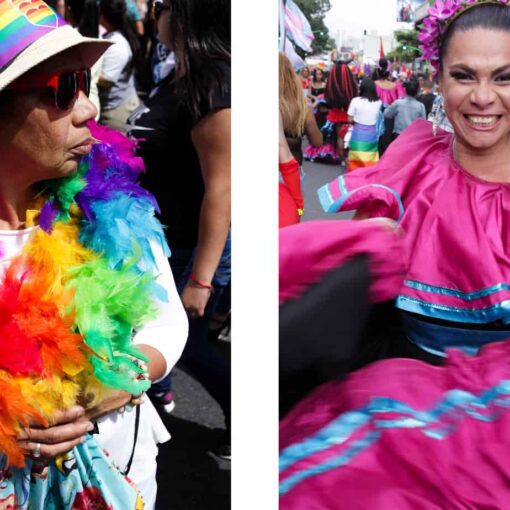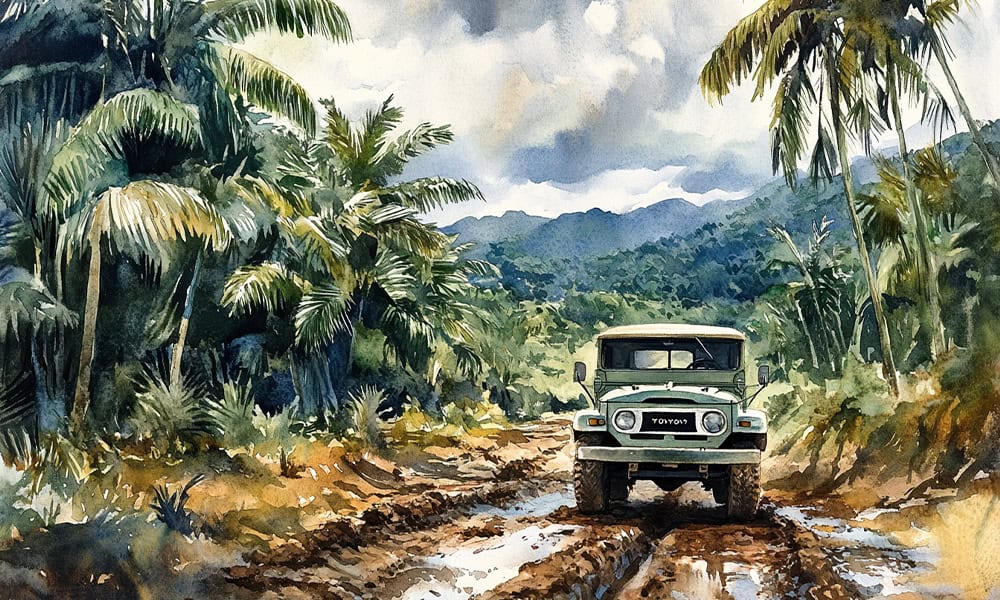QCOSTARICA — Costa Rica is currently facing a harsh reality: it is losing many of its young people to violent deaths such as homicides, traffic accidents and suicides.
This is revealed by statistics from the Organismo de Investigación Judicial (OIJ) – Judicial Investigation Organization, from January 2020 to December 2022, which indicate that the population between 18 and 29 years of age, mostly men, is the most affected.
Violence, social vulnerability, the construction of masculinity, as well as abandonment by the State are among the factors that influence these causes of death, say different experts consulted.
– Advertisement –
“This is a global issue. In reality, people are dying more for different reasons associated with something that is very important from a public health perspective: violence, suicide, homicide and traffic accidents are causes of violent death among the young population,” said Mauricio Vargas, public health specialist and former director of the School of Public Health at the University of Costa Rica (UCR).
“(…) This is really getting out of hand, and if we don’t do something I don’t know where we are going to end up,” added Vargas, emphasizing the abandonment of this population by the State.
Homicides
According to OIJ statistics, homicides lead these violent deaths in the country. In 2020, for example, there were 570 homicides nationwide, of which 230 (40.35%) occurred in people between 18 and 29 years of age, 205 being men and 25 women.
This number increased in 2021 when 586 homicides were recorded. Of the total of these deaths, 213 (36.35%) occurred in this age group: 190 men and 23 women.
Likewise, in 2022, this figure continued to grow, thus adding 657 deaths in the country, of which 247 (37.6%) occurred in this young population, specifically 226 men and 21 women.
Traffic accidents
Traffic accidents, for their part, contribute to these violent deaths nationwide.
– Advertisement –
According to the OIJ, in 2020 (amid the pandemic and vehicle restrictions), 578 people died from this cause.
Of the total of these deaths, 160 (27.68%) correspond to people between 18 and 29 years of age, with 137 men and 23 women.
In 2021, with fewer mobility restrictions, this cause of death continued to rise, reaching a total of 692 deaths, of which 218 (31.5%) occurred in this young population: 194 men and 24 women.
A year later, in 2022, there were 619 deaths due to traffic accidents throughout the national territory. Of the total deaths from this cause, 238 (38.45%) occurred in this age group; However, there is no information disaggregated by gender.
– Advertisement –
Suicides
Suicides are added to these causes of death that affect—to a greater extent—the young population.
According to the OIJ, in 2020, for example, 381 suicides were recorded in the country, of which 116 (30.45%) correspond to people between 18 and 29 years of age: 91 men and 25 women.
This number increased slightly in 2021 when there were 388 deaths from this cause. Of the total of these deaths, 108 (27.84%) occurred in this age group, with 90 men and 18 women.
The upward trend continued a year later, in 2022, when a total of 432 people died by suicide, 114 (26.39%) being young people, specifically 95 men and 19 women.

Construction of masculinity
In addition to violence, the construction of masculinity (masculine hierarchy within their social spheres, like family and workplace) in the young population plays an important role in these three causes of death. This was stated by Mario Zúñiga, professor at the UCR School of Anthropology.
“In homicides, suicides and deaths on roads, the age variable and the gender variable must be analyzed. They are human behaviors that are linked to a social construction of who we are, who is the person who kills, who is the person who kills himself, or who is the person who drives recklessly on the roads, and who drinks too much liquor or takes drugs. ”said Zúñiga.
“On the issue of gender, the construction of masculinity plays a fundamental role and especially the masculinity of young men. This points or is linked to the abilities or not that young people have to establish and manage intersubjective conflicts or with themselves,” he added.
Along the same lines, Zúñiga highlighted that the construction of masculine identity goes through the difficulty of building ties and expressing sensations or feelings that make men feel “weak” or “vulnerable,” as well as an excessive emphasis on the logic of competence.
Abandonment of public institutions
To these factors, health expert Mauricio Vargas added that in the country there is abandonment by public institutions.
“This is a population abandoned by public institutions. Because if you look at Costa Rica, for example, there is a group, almost half a million people who are in poverty, within this age group. So that is a condition that, finally, leads this population to certain types of behaviors, let’s call it the search for solutions to their problems,” Vargas mentioned.
“The issue of poverty is also associated with the lack of educational opportunities, work, etc. So we have already begun to mix this, as we are seeing, with drug trafficking, hitmen, etc. It is a manifestation of a social problem. (…) We have a Government that does not invest in social matters. There is a fiscal position and we do not invest in social matters, in public education, in health, etc., and these people who are coming up are already suffering the impact of this reality,” he added.
Zúñiga, for his part, added that, for example, the murders take place more incidentally among young men from popular sectors.
“The element that we have to add to the reflection is social inequality and the inability of States to provide alternatives for social mobility, social promotion, and human rights management, which allow broad sectors of the population to have access to public education of quality or have access to a labor market that guarantees them a decent salary,” mentioned the anthropologist.
For the anthropologist, a public policy for the prevention of violence that guarantees human rights is necessary in the country.

“As a violence prevention policy, the best public policy we can develop is one that guarantees human rights. And that is done by guaranteeing the public services that are necessary for this construction: public education, public health, and safe environments for growth and reaffirmation of identity,” he added.
Finally, the director of the Institute of Psychological Research of the UCR, Javier Tapia, highlighted that, in the case of suicide, the main factors that affect its consummation are anxiety, loneliness, the lack of solid and strong ties, consumption of alcohol and drugs, as well as the lack of opportunities.
“Society does not offer opportunities for the development of young people. Youth unemployment is important and the educational opportunities that exist in the country are not taken advantage of, I believe, due to the great economic difficulty that exists among many families,” explained Tapia.
Tapia also believes that in Costa Rica it is necessary to facilitate the population’s access to effective mental health services, pay special attention to young people who consume substances, and carry out community interventions to reduce the risk of suicide, among others.
From SemanarioUniversidad.com. Read the original (in Spanish) here.
– Advertisement –
Source link
Rico



